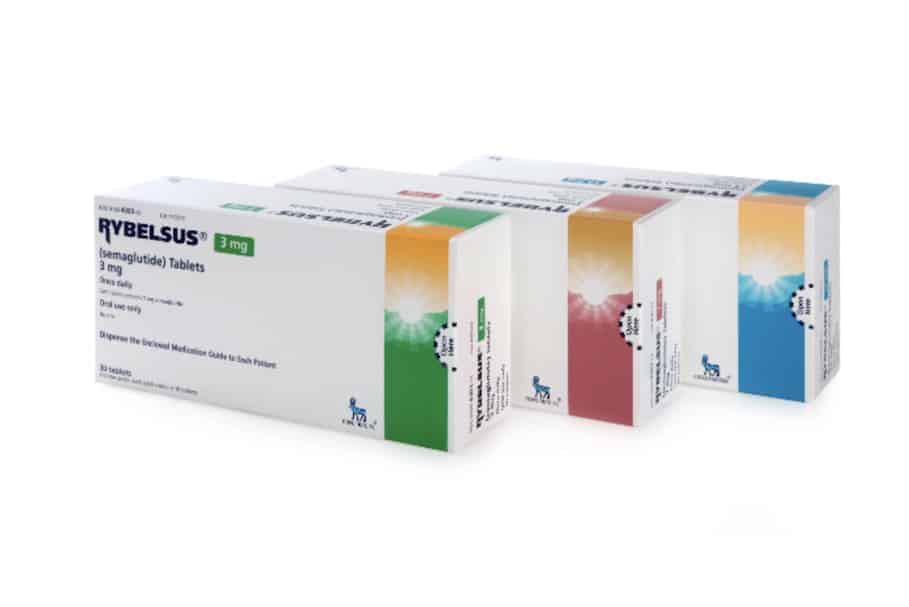
- Regular physical activity, a balanced diet, health check-ups, and social interaction are crucial for retirees’ health.
- Proper medication management, including regular review and understanding of medications, is critical for health safety.
- Availing of medical services like home health services can ensure effective disease management during retirement.
- Retirement should be fulfilling; prioritizing health and self-care ensures a healthy, rewarding, and stress-free life.
Health plays a predominant role in people’s lives during retirement for several reasons. Maintaining good health allows retirees to enjoy their free time, pursue hobbies, and spend quality time with family and friends. Moreover, ensuring well-being helps to prevent common age-related health problems and, consequently, hefty medical expenses. As per the U.S. Department of Health & Human Services, 6 out of 10 adults in America have a chronic disease, and 4 out of 10 adults have two or more. These statistics underline the importance of health management during retirement. Retirees can vastly improve their quality of life and longevity by focusing on their health during these golden years.
However, it can be challenging to maintain good health during retirement. You will have to stay on top of your health as you enter a new phase of your life. To help with that, here are some tips for taking care of your health during retirement.
Table of Contents
Maintaining a Healthy Lifestyle

A healthy lifestyle is the foundation of good health. It comprises exercising regularly, eating a balanced and nutritious diet, getting enough sleep, avoiding harmful habits such as smoking, limiting alcohol consumption, and managing stress. These practices can help prevent chronic diseases and maintain overall physical and mental well-being.
Regular Physical Activity
Regular physical activity is crucial for maintaining a healthy lifestyle during retirement. It can help to maintain a healthy weight, strengthen the heart, and even improve sleep quality. Activities can range from light exercises like walking or swimming to more intense activities like jogging or cycling. Aim for at least 30 minutes of exercise daily, especially when you feel limited due to age.
Balanced Diet
Nutrition is another critical aspect of a healthy lifestyle. As you grow older, your dietary needs change. Aim for a balanced diet rich in fruits, vegetables, lean proteins, and whole grains. Limit the intake of processed foods and sugar. Consult a nutritionist or dietitian for personalized advice if you have any specific dietary needs or conditions.
Regular Health Check-ups
Regular health check-ups can help to detect potential health issues before they become serious. It would help if you had regular consultations with your doctor, dentist, optometrist, and other health specialists. Keep up with vaccines and screenings for diabetes, heart disease, and cancer.
Mental Health and Social Interaction
Maintaining your mental health is just as important as physical health. Retirement often comes with significant changes, leading to feelings of loneliness or depression. Stay socially active by engaging with friends and family, join clubs or community groups, or take up a new hobby. If you feel overwhelmed, do not hesitate to seek professional help.
Staying on Top of Medication

Proper medication management is critical to health care, especially for retirees who often have to take multiple medications for various health conditions. It helps ensure that medications provide the maximum health benefits, prevent harmful side effects, and avoid medication interactions. Failing to adhere to your medication schedule can lead to serious health complications and, in some cases, hospitalization.
Here are a few tips for effective medication management:
- Maintain a Medication List: Keep a detailed list of all the medications you are currently taking, including over-the-counter drugs, supplements, and prescription medications. Include the name of each medication, its purpose, dosage, and the time(s) you take it. Update the list whenever there is a change in your medication.
- Regularly Review Medications with Your Doctor: Discuss your medications with your doctor. This includes any side effects you’re experiencing or any concerns you may have. Your doctor can help adjust your medication as necessary.
- Use a Pill Organizer: A pill organizer can be beneficial if you take several medications at different times of the day. This can help you keep track of your medication and ensure that you do not miss a dose.
- Understand Your Medication: Make sure you understand what each medication is for, how to take it, and its potential side effects. If you’re unsure, ask your doctor or pharmacist to explain.
Consider Medical Services
During retirement, it’s possible that health conditions may arise that can’t be managed independently. This can be due to the complexity of the disease, the need for specialized care, or difficulties in performing daily activities. In such cases, medical intervention becomes essential.
Home health services, for instance, provide comprehensive medical care right at your doorstep. They include various services, from skilled nursing, physical therapy, and occupational therapy to meal preparation and medication management. This ensures you receive the required care and attention without visiting hospitals or clinics frequently.
These services are particularly beneficial for those who live alone or far from healthcare facilities. They help manage the condition effectively and alleviate the stress and anxiety of handling a health issue independently. Remember, seeking medical intervention when necessary is not a sign of weakness but rather a proactive step in ensuring your health and happiness during retirement.
Final Thoughts
Retirement is an exciting phase of life that offers plenty of opportunities for relaxation and personal growth. By prioritizing your health, you can make the most of these years and enjoy a fulfilling retirement. Remember to stay on top of your physical and mental well-being, properly manage medication, seek medical services when needed, and always prioritize self-care. Taking care of your health during retirement may seem daunting at first, but with the right attitude and effort, you can achieve a healthy and fulfilling life during your golden years.





